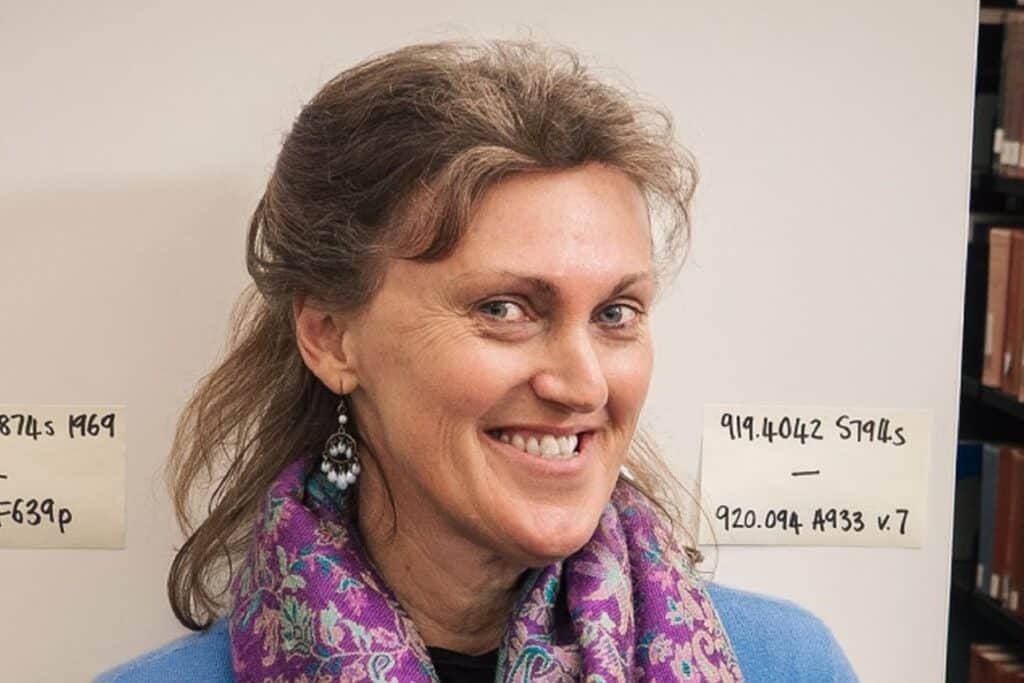Almost half a million Australians were victims of Robodebt under the previous Government. This is when ‘mateship’ and ‘a fair go’ went on a holiday for a few years. At the same time, others, like myself, were victims of Centrelink’s impersonal, incorrect and sometimes unfair automated debt recovery systems.
As victims, we have been disturbed and triggered by the contents of the damning report from the Royal Commission.
The Government led the public to believe that the disadvantaged and marginalised not only had their hand in the honey pot, but they were being greedy.
Who were these people who were apparently cheating? Mostly, it was those on insecure and fluctuating incomes. This included many women, single mums and students.
At the time, I fitted into all three of these categories and I became a victim of Centrelink’s automated debt recovery system. It was slightly different to Robodebt’s income averaging system, because I had a new, fixed income job.
It was the hardest time of my life. I had suddenly become a single mother, and was grappling with so many ‘firsts’. I was starting again, trying to feel safe, negotiating shared parenting and custody arrangements, organising child support, a solo relocation, arranging urgent repairs to our ‘new’ house, organising a divorce and property settlement, supporting my traumatised children, and adjusting to full time work and part time study.
Struggling financially, I organised Family Tax Benefit B through Centrelink. This small welfare payment for single parents helped to pay some bills.
Despite this, I still felt vulnerable and scared that I wouldn’t be able to cope financially. But that’s the thing, it is when we are most vulnerable that we need welfare. There’s often a lot going on in our lives and our stress levels are high. I didn’t plan to be in this situation – it just happened.
After adjustments to our initial shared parenting arrangement, I immediately reported the changes to Child Support. They said it would automatically be reported to Centrelink so my welfare payment might reduce.
After two weeks, I noticed my Centrelink payment hadn’t changed, so I rang Child Support again. They said the change would go through in time. I rang Centrelink but the phone rang out after an hour on hold. This happened several times, so I rang Child Support again. They assured me that the information would have gone through by now, so perhaps no change in the benefit would occur after all.
Many months later, I started getting Robodebt notices saying there had been an overpayment. I was initially billed for a few thousand dollars, then it escalated with each letter. Eventually, a letter said I owed almost $20,000. I couldn’t repay this amount without selling the house.
I tried to ring Centrelink. I rang and rang but couldn’t get through. When I finally got through, I was told the overpayment was my fault and that I had to pay. I rang Child Support, but they said they couldn’t help. I rang Centrelink again, and after many attempts, I was put through to a manager. She yelled at me and said I had deceived the Government about the amount of time I had the children in my care.
I was hurt and incensed! I put in a complaint about the manager’s conduct and explained my story again, for the umpteenth time. Weeks later I received a call from another Centrelink manager who was reviewing my case.
He said he believed that they had made a series of errors, including a technical error with the reporting system between Child Support and Centrelink. He said he could see how many times I had tried to contact them. He reversed most of the debt, except over $3000 that he said I needed to pay back. I did this over time by forgoing my fortnightly payment which was difficult.
After many months of stress and countless hours on the phone, the nightmare was finally over. I would still dream about getting more debt notices. I was scared when I opened Centrelink letters. I knew I was able to fight back because I was educated, white, articulate and I knew my rights. I felt sad because I was aware other victims were less able to fight.
So, how did our welfare system get into such a mess? The Commissioner Catherine Holmes said ‘Robodebt was a crude and cruel mechanism, neither fair nor legal, and it made many people feel like criminals’. The report recommends that when automated decision-making is used, ‘there should be a clear path …for review’ for victims.
Eventually, my life moved on and I no longer needed welfare. That is unremarkable, because it often happens when you support vulnerable women and children.
Like my story, there is a narrative behind each automated debt recovery case. Listening to marginalised voices is the mark of a country whose people look after their mates and give others a fair go.
Let’s hope ‘mateship’ and ‘a fair go’ make it home in time for The Voice referendum.


